13 books of indispensable Developer
About the author : Jeff Atwood is a US technology expert, currently living and working in Berkeley, California. He is a software engineer specializing in Microsoft .NET technology, a well-known tech blogger with the blog Coding Horror, founder and CEO (CEO) of the prestigious question and answer website Stack Overflow. , and co-founder of Stack Exchange and Discourse.
Recently, an American programmer spared breathing in an article saying:
"I was wrong to spend too much time reading books about a certain technology such as ASP.NET or Hibernate, rather than reading books like Code Complete, Clean Code, and Agile Principles, Patterns And Practices in C # "(All these books, if you have not read them, I recommend you take the time to read).
We all know that quantity is not equal to quality. Evidence is that in 1958, an American scholar, Mr. Sturgeon, published a famous study of the 90/10 rule, that "90% of everything in life is absurd" , you try to check again. Friends and colleagues relationships, books I've read . see if they are correct?
And before we go over this list, let's reread a paragraph from a fairly famous programmer's article in India:
"Just like in the vast ocean, the surface is very intense on the surface, but in the deep water, everything is relatively quiet, flat. Most living and developing here. , feel for yourself that you are in deep water and close to core technologies.Please spend more time learning about core concepts than just sitting there and worrying about frameworks and tools always changing around it, along with the solid foundation of the core knowledge, you will always learn new frameworks, tools and APIs. "
Here are 16 books that I recommend that any developer should read:
1. Code Complete 2
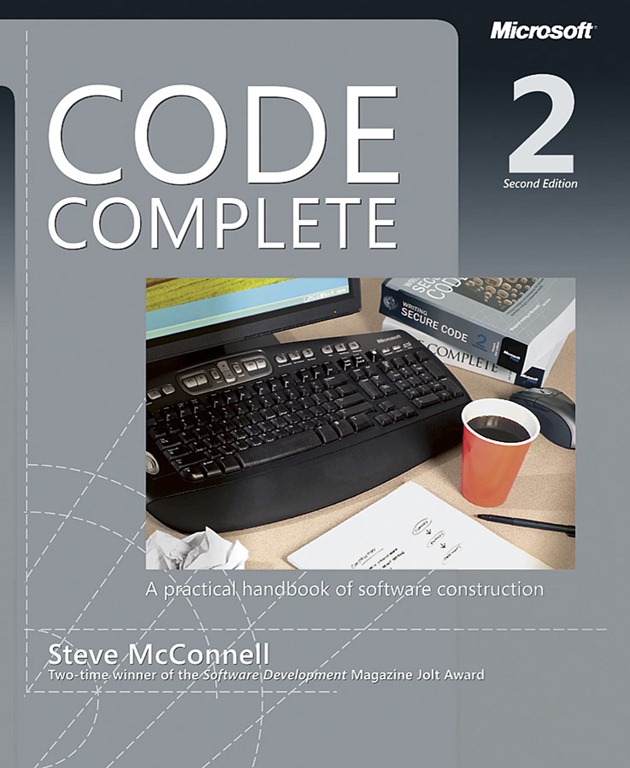
Highlights: Author Steve notes that the average programmer reads less than one technical book each year and with reading this book, you have gone in a better direction than the other 90% of colleagues.
2. The Mythical Man-Month: Software Engineering, Anniversary Edition (2nd Edition)
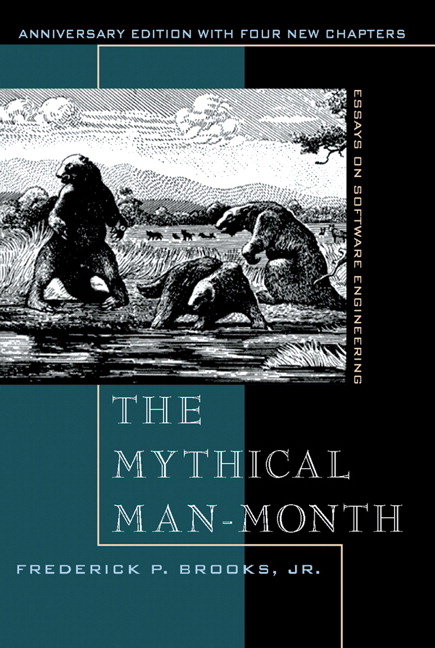
Highlights: Computers can change, but people don't.
Reading this classic book will definitely be a lot better than the fact that you spend your time poring over thousands of pages of the latest technical documentation today.
3. Don't Make Me Think: A Common Sense Approach to Web Usability
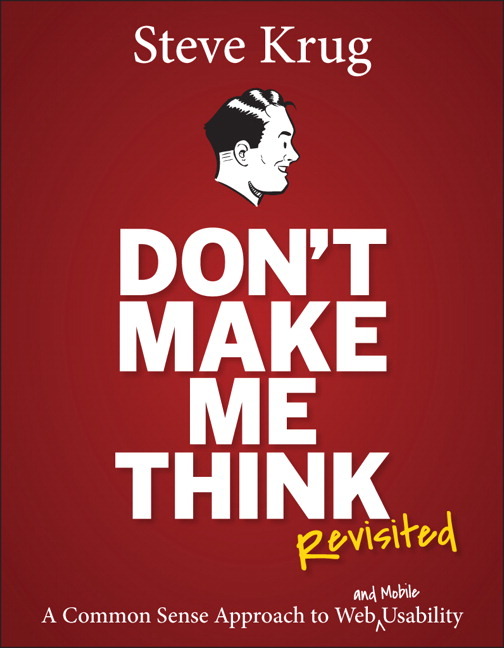
Highlights: Author Steve Krug has covered every important concept about usability in this book and provides a lot of useful information. The presentation form is concise, easy to apply, suitable for all readers: technical people, non-technical people, ordinary users, programmers, managers .
4. Rapid Development (Rapid Development: Taming Wild Software Development Schedules)
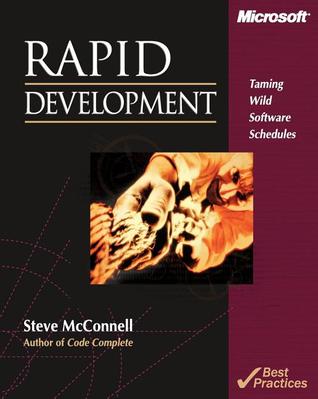
Highlights: Refers to "reality of failure". Most software development projects fail: they often exceed the planned deadline, creating unsatisfactory results or sometimes, even impossible to end. However, it is true that team teams need to become better at avoiding simple failures to be successful.
5. Peopleware: Productive Projects and Teams, 2nd Ed
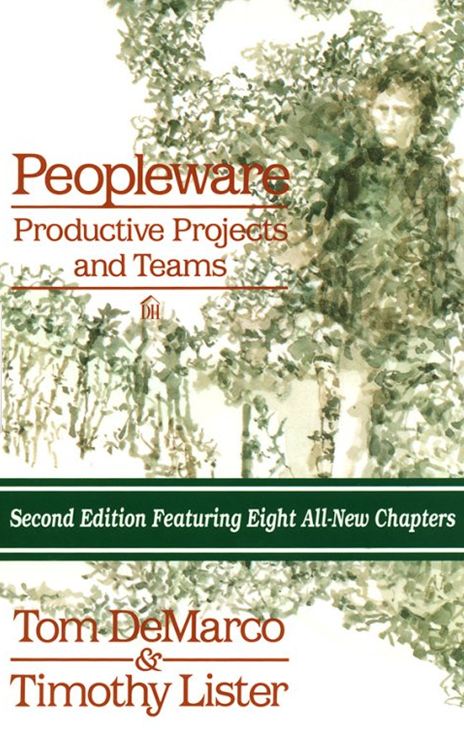
Highlights: Help programmers properly evaluate their human skills and consider the impact of this problem on the success of the project. This is considered a foundation book for those who want to become a Team Leader.
6. The Design of Everyday Things
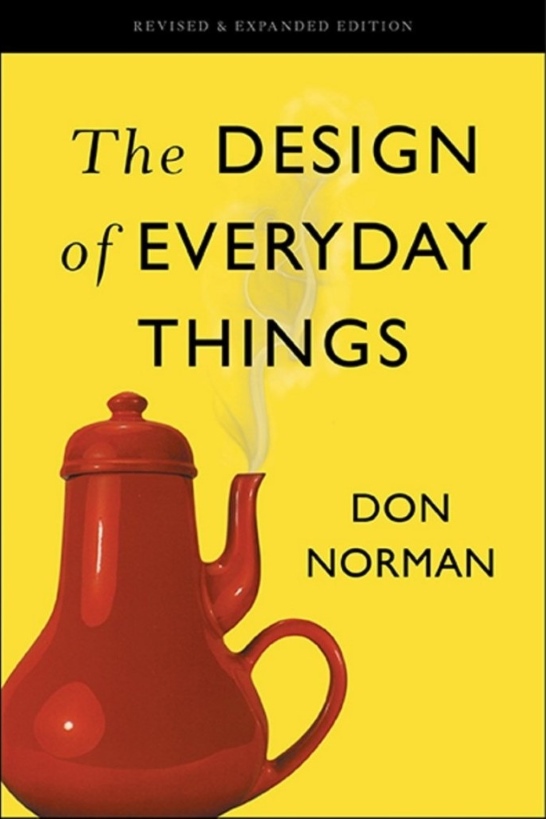
Highlights: The book clarifies the unbelievable issues of software development work, there are so many things that can go wrong and we can all fail randomly because of the smallest things .
7. About Face 3.0: The Essentials of Interaction Design
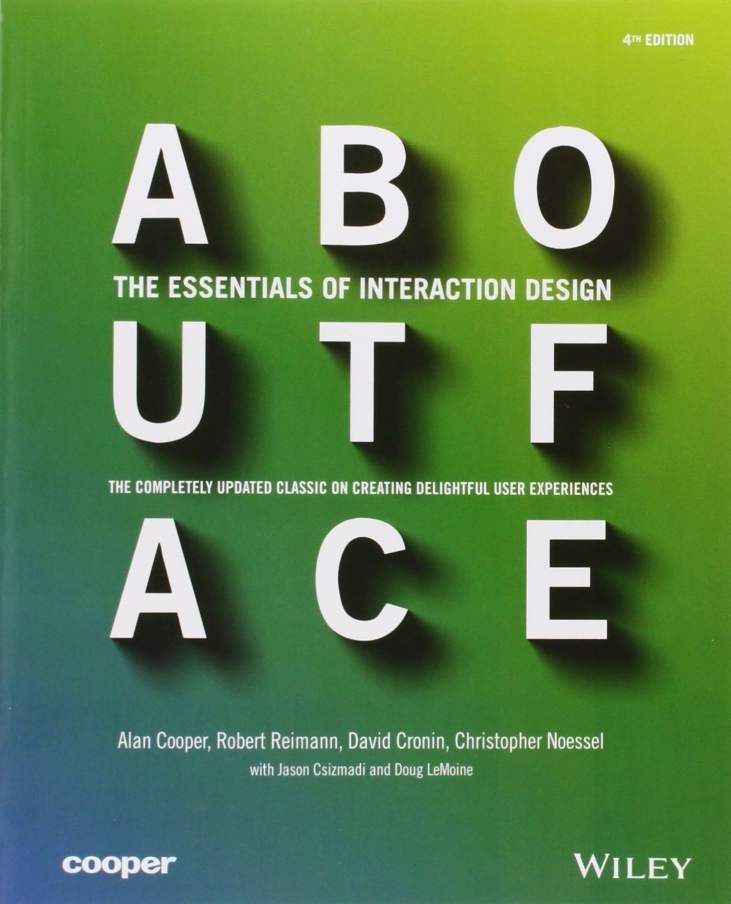
Highlights: The most complete instructions you can use to create a consistent GUI.
8. The Inmates Are Running the Asylum: Why High Tech Products Drive The Crazy and How To Restore The Sanity
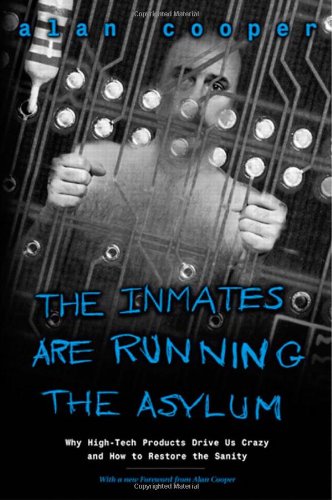
Highlights: Present the concept of personas, with specific interpretations that guide us to talk about specific users, people with names, personalities, needs and goals.
9. Programming Pearls (2nd Edition)
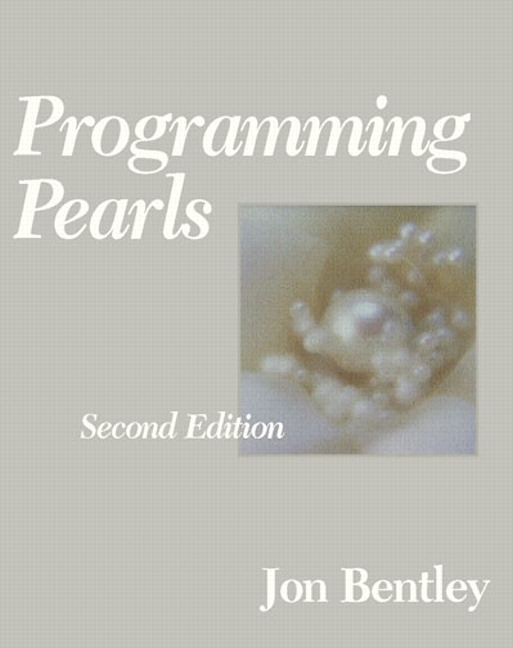
Highlights: Despite mentioning quite a few low-level programming techniques, this book still provides enough useful software-related information with a set of high-profile programmers' tricks. " Best.
10. The Pragmatic Programmer: From Journeyman to Master
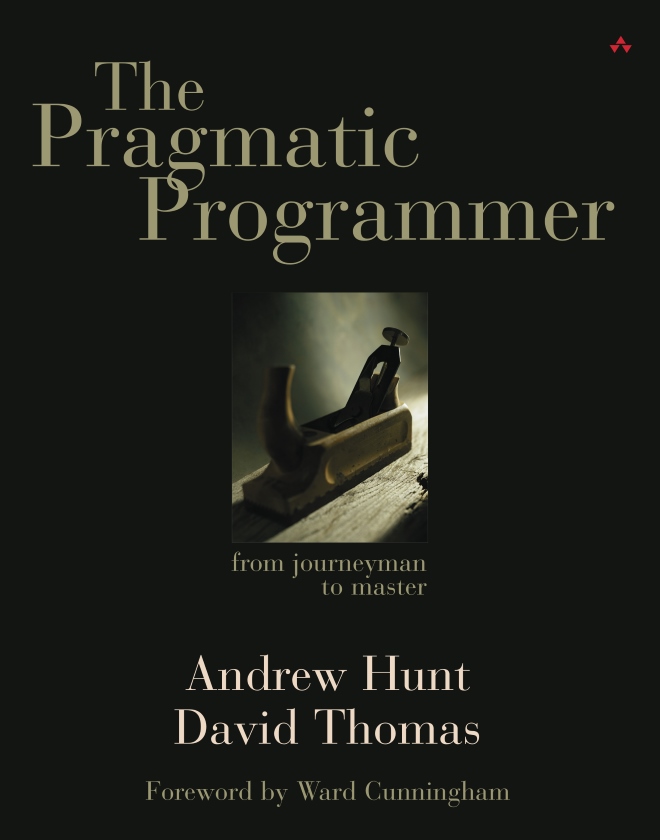
Highlights: Approach the problem realistically and expand on many issues unrelated to programming techniques.
11. Designing Web Usability: The Practice of Simplicity
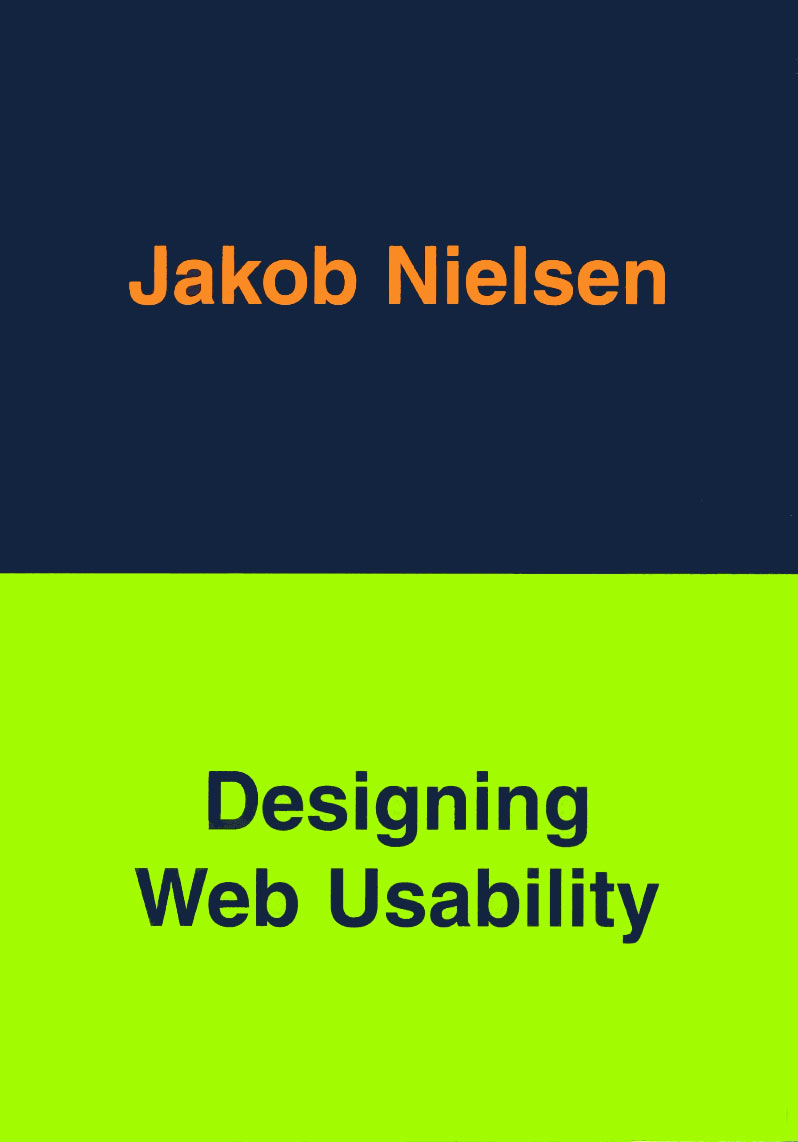
Highlights: Full set of web usability basics, but a bit different from Cooper's GUI guide books above.
12. Envisioning Information
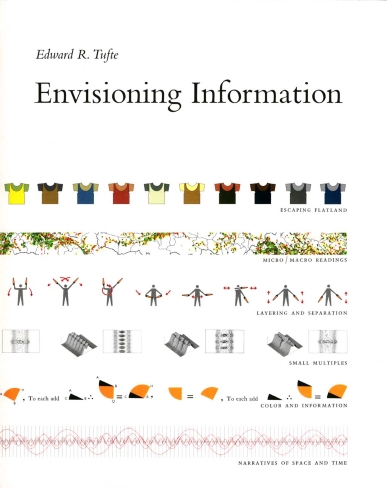
Highlights: Understand the importance of information and user interface.
13. Mastering Regular Expressions, Second Edition
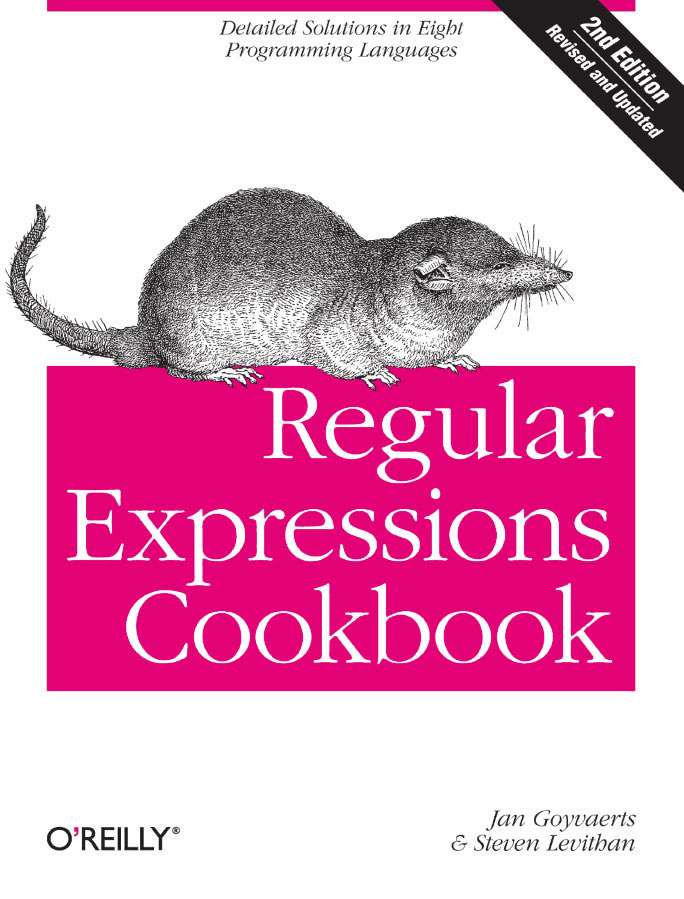
Highlights: Learn about Regular Expressions and related issues.